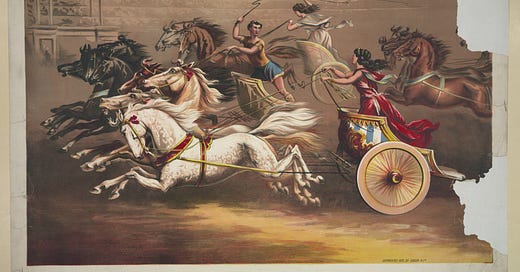
Andrew Marvell (1621–1678) was a generation younger, at least, than the great metaphysical poets John Donne (1572–1631) and George Herbert (1593–1633). He was younger, too, than the Cavalier poets who called themselves the “Tribe of Ben,” after their literary idol Ben Jonson (1572–1637), and clustered around the court of the English king Charles I in the years between the king’s 1625 succession to the throne and his deposition and execution in 1649.
Marvell came of age as an age was passing: its poets dying or keeping their heads down, its religious and civic polities upended. He lived to see the succeeding order upended in turn, by the Restoration of the Stuart monarchy in 1660. Through more than half a century of upheaval and uncertainty, Marvell threaded his way, a chameleonic figure. The immediate heir to two poetic schools, somehow, strangely, he managed to belong to both and to neither.
His biography suggests a gift for survi…
Keep reading with a 7-day free trial
Subscribe to Poems Ancient and Modern to keep reading this post and get 7 days of free access to the full post archives.



